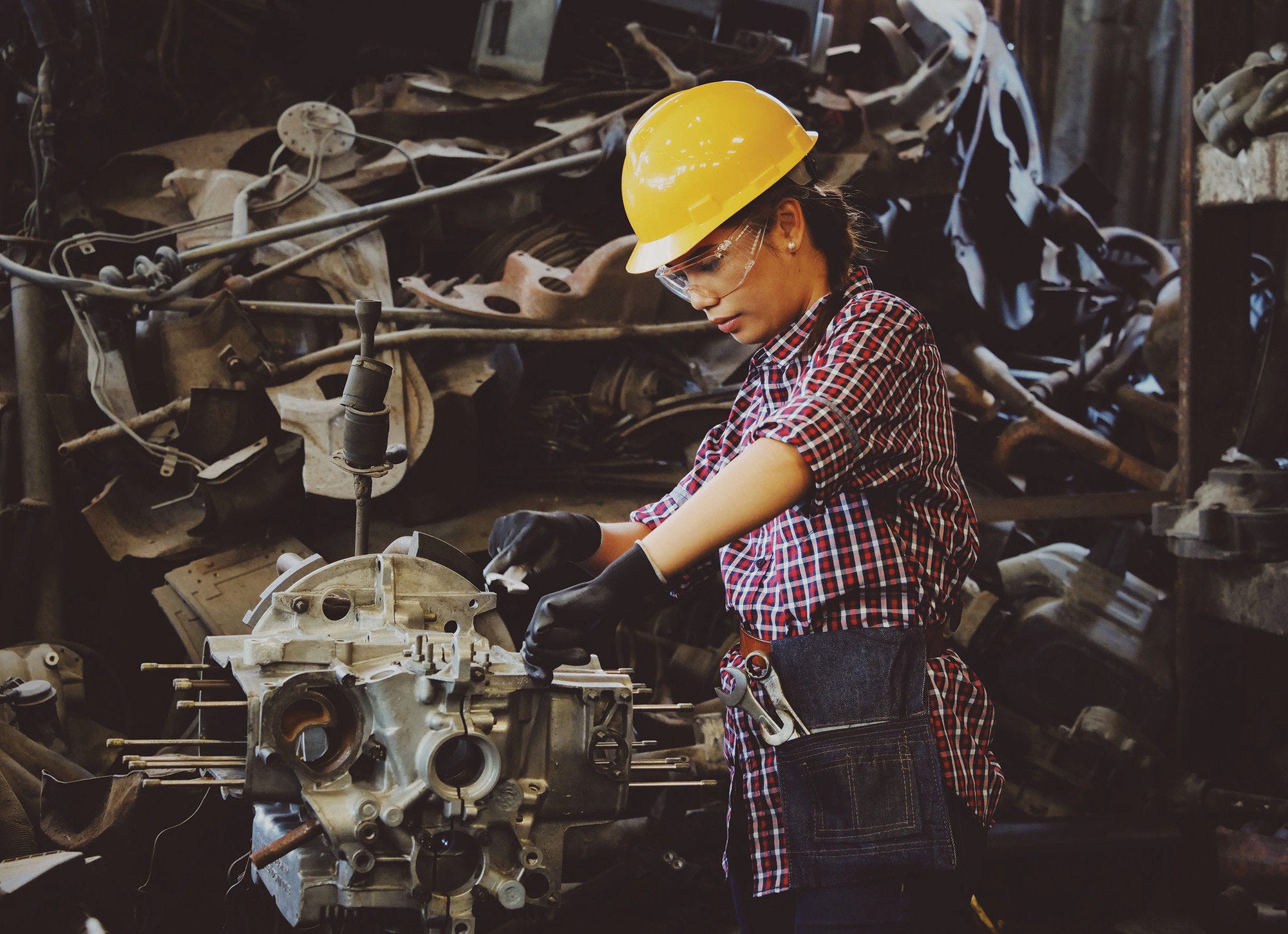Regions in industrial transition are generally former economic power houses in their country; today they often face lower GDP per capita and higher unemployment than the country average, as well as a GDP growth that is less than 1%. Urgent action is needed, as these regional inequalities are often growing within countries, especially in terms of economic output and income which frequently pairs with social pressures and lower well-being outcomes. Long-term economic decline, poor labour market outcomes, and unequal access to quality public services – common characteristics of regions in industrial transition – contribute to territorial differences in trust in government. Low levels of institutional trust can affect policy acceptance by residents, and risks weakening regional and local democratic outcomes.
Industrial transitions in regions
Industrial transition can set regions on a pathway to growth, and equality through an integrated and collaborative approach, embracing innovation, and skills development. Despite its non-linear nature, this process faces socio-economic challenges such as elevated unemployment, population decline, lower life expectancy, and tertiary education levels. Helping regions re-energise their economic base involves balanced policy interventions across various sectors, including green and industrial transitions, alongside governance fostering experimentation, flexibility, and adaptability. Our focus is on how regions can foster economic diversification, growth, and well-being in society for a successful industrial transition.







